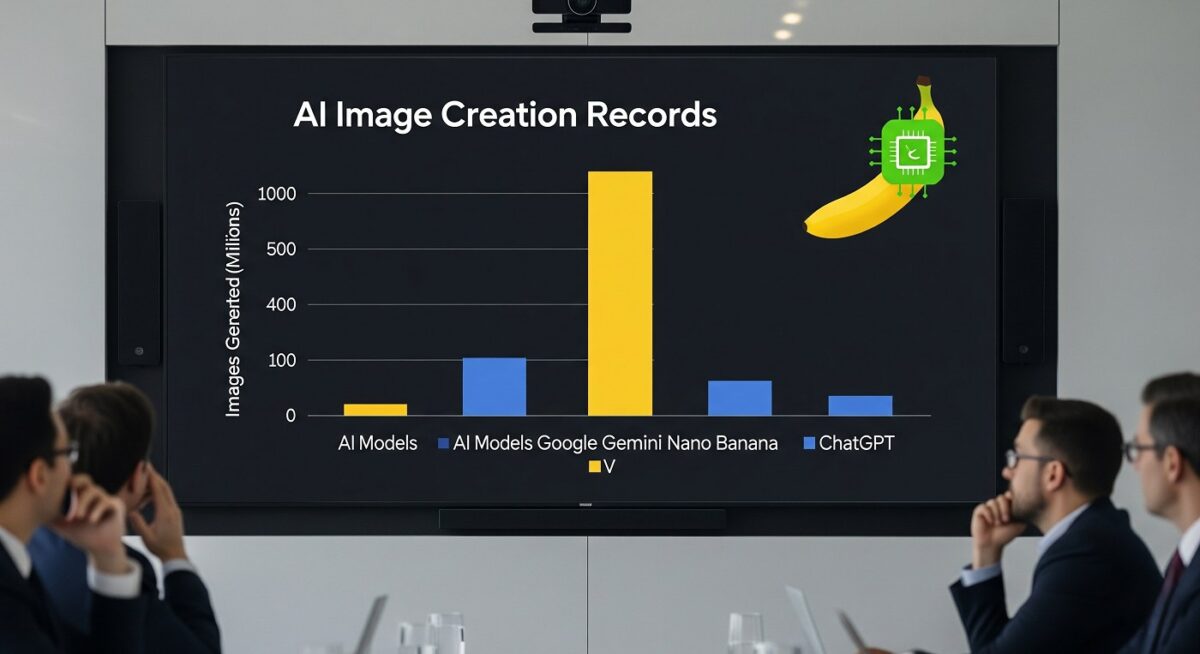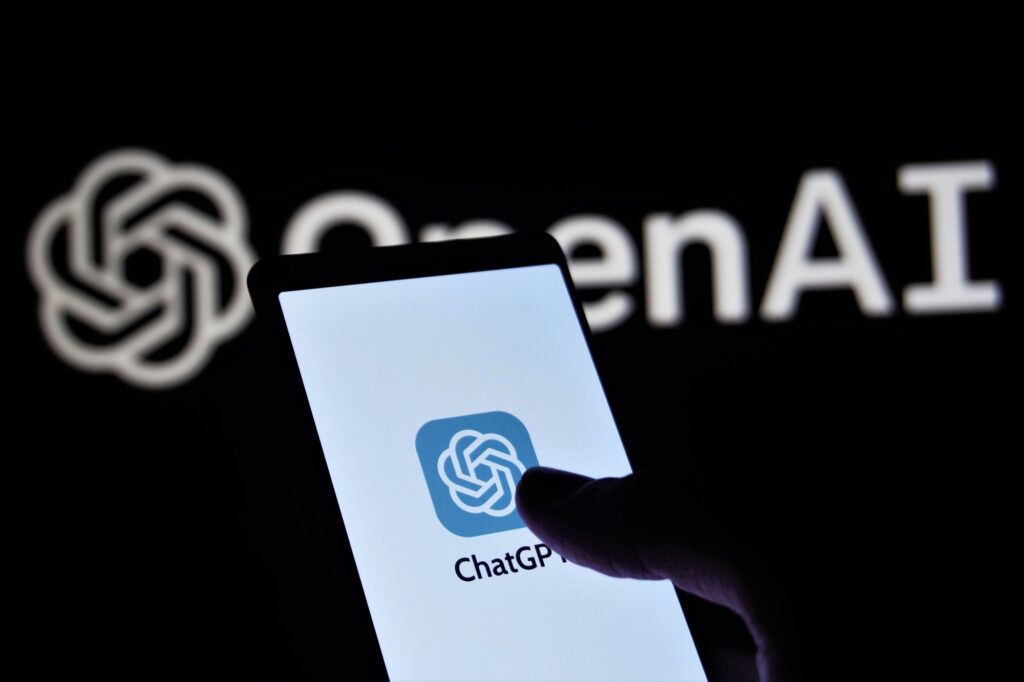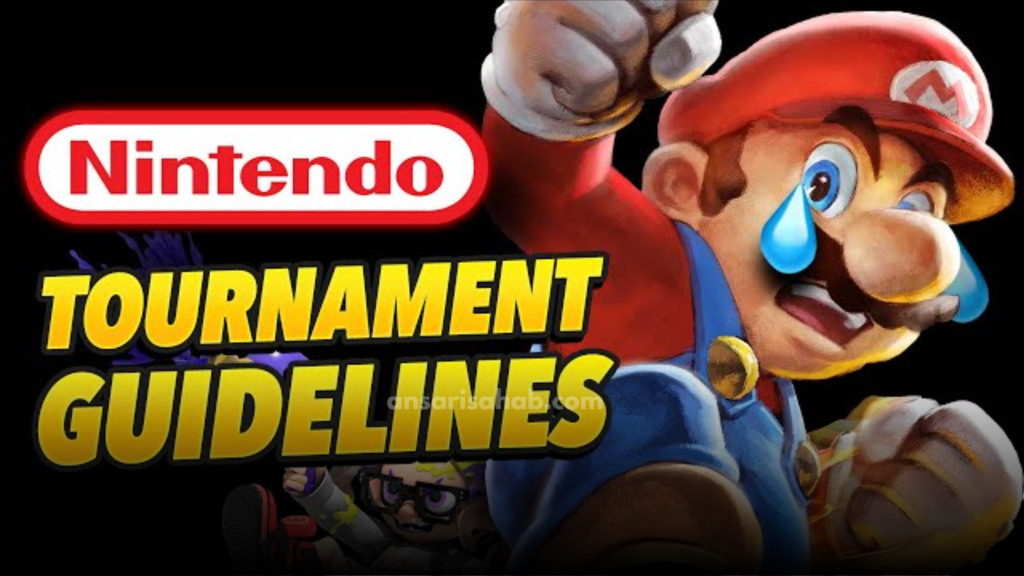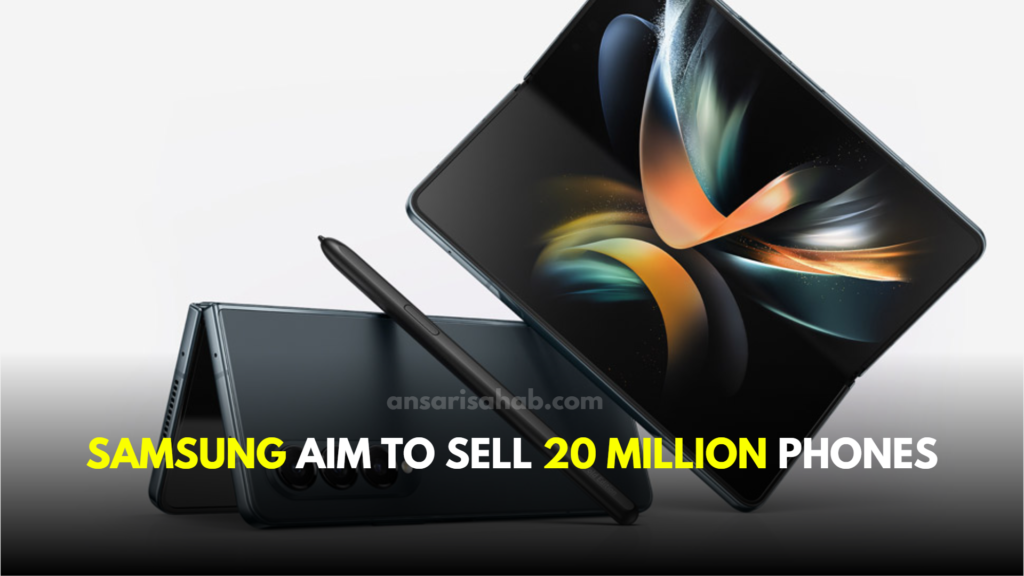Google’s Gemini app has surged to the top of the U.S. App Store, surpassing OpenAI’s ChatGPT for the first time. This milestone is largely attributed to the viral success of Gemini’s new image-editing feature, Nano Banana. Since its launch in late August, Nano Banana has been used to edit over 500 million images, transforming ordinary photos into 3D figurines, anime characters, and cinematic portraits.
What Is Google Gemini Nano Banana?
Nano Banana, officially known as Gemini 2.5 Flash Image, is an advanced image generation and editing model developed by Google DeepMind. Unlike traditional AI tools that often struggle with consistency across edits, Nano Banana allows users to blend multiple images seamlessly while maintaining character consistency. It also enables targeted transformations using natural language prompts, such as “turn this photo into a retro 90s Bollywood portrait” or “create a 3D anime version of this selfie.”
Users can access Nano Banana through the Gemini app or Google AI Studio, where they can upload a photo and receive a stylized image in under a minute. The tool has gained popularity across social media platforms like Instagram, Discord, and Facebook, with trending prompts including plush toy edits, dynamic anime figurines, and action-packed fantasy warriors.
Impact on the AI Landscape
The rapid adoption of Nano Banana has had significant implications for the AI industry. Gemini’s rise to the top of the App Store charts marks a shift in the competitive landscape, challenging ChatGPT’s dominance in the AI chatbot market. Analyst Richard Windsor suggests that Gemini’s image manipulation capabilities could help Google expand its user base into broader AI utility, potentially threatening OpenAI’s position.
This development also coincides with a surge in Google’s stock price, which reached an all-time high, pushing its market capitalization to over $3 trillion. Investor optimism is fueled by the success of Gemini and its potential to enhance Google’s core services.
Privacy and Safety Considerations
While Nano Banana has captivated users with its creative possibilities, experts have raised concerns about privacy and safety. The tool requires users to upload personal images, which could be misused if not handled responsibly. Indian police officials have issued advisories cautioning the public about uploading sensitive or personally identifiable photos. Google has implemented safety measures, including watermarks and metadata, to help users identify AI-generated content.
Users are advised to review privacy policies, avoid uploading sensitive images, and look for watermarks that could identify AI-generated content. Despite these precautions, the rapid proliferation of AI-generated images has sparked debates about digital identity and consent.
FAQs
Google Gemini Nano Banana, also known as Gemini 2.5 Flash Image, is an AI-powered image editing model developed by Google DeepMind. It allows users to transform photos into stylized 3D images, anime characters, and cinematic portraits using natural language prompts.
You can access Nano Banana through the Gemini app or Google AI Studio. Simply upload a photo and enter a creative prompt to receive a stylized image in under a minute.
While Nano Banana offers creative possibilities, users should exercise caution when uploading personal images. Google has implemented safety measures, including watermarks and metadata, to help users identify AI-generated content. It’s advisable to review privacy policies and avoid uploading sensitive images.
Sources: Market Watch









